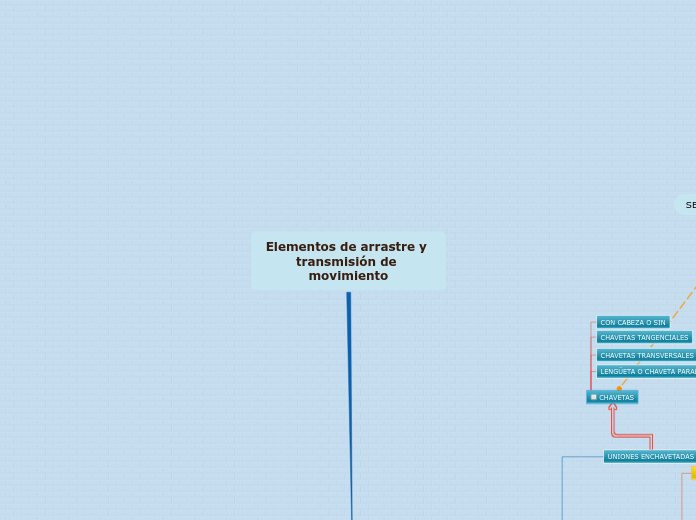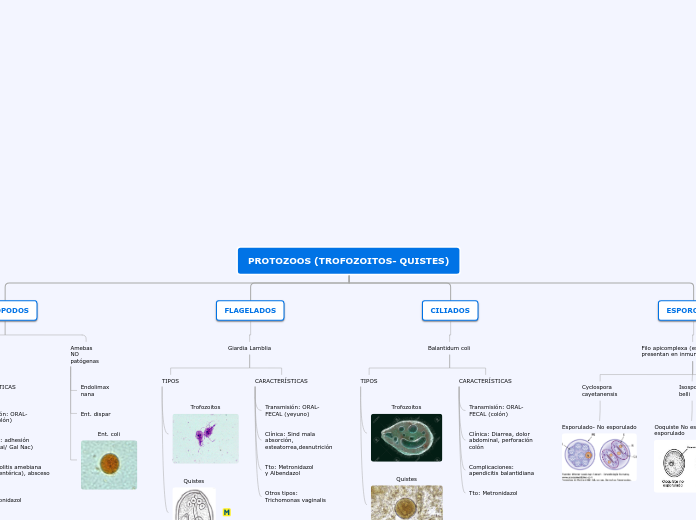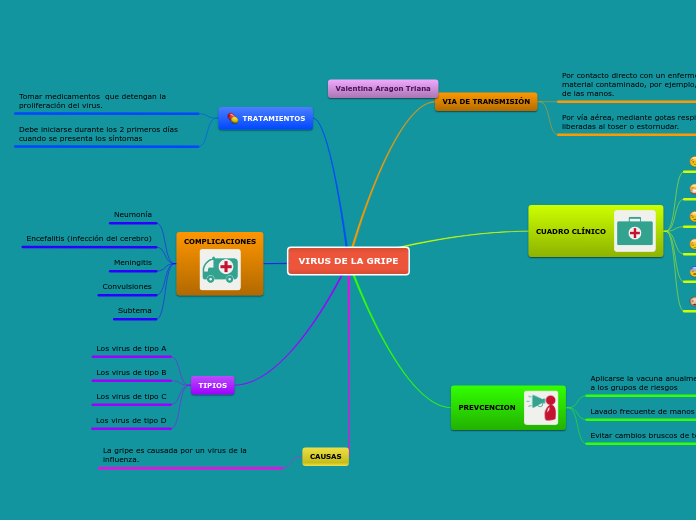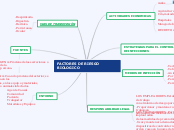sus principales disposiciones son :
pasador de cierre
pasador radial
pasador radial oblicuo
pasadores axiales
pasadores tangenciales
SE PUEDEN DESMONTAR CON :
BOTADOR
CUÑA DE EXTRACCION
MAZA
EXTRACTOR
Elementos de arrastre y transmisión de movimiento
To name your story, you have to think about the overall message and what you want your audience to understand from the story. Also, make it relevant and easy to remember.
PARA LOGRAR LA UNION Y LA TRANSMISION DE MOVIMIENTO ENTRE EJES O ENTRE UNA PIEZA Y UN EJE
UNIONES CON PASADORES
The middle of the story is where you add layers of complications that will lead to the end. Reveal more about the character's journey. Did their personality go through changes? How did they overcome the challenges? And as you build up the story’s central conflict, make it more personal to that character. Also, from the middle act, you have to lead into the final act.
PASADOR TIPO BETA O R
A story is nothing more than a character overcoming a series of difficulties to reach the desired goal. Obstacles usually create suspense and conflict. In overcoming obstacles, there is growth: weak becomes strong; hatred turns into love; sadness into happiness; wrong into right; lies into truth; or evil becomes good.
See a few examples below:
- stopping a meteor
- finding a killer
- finding love
PASADOR CONICO
Your character(s) need(s) motivation in order to solve the challenge(s).
ENCONTRAMOS
CONICO CON ROSCA INTERIOR
CONICO CON ESPIGA ROSCADA
TRANSMITEN EL MOVIMIENTO Y FIJAN PIEZAS
Secondary characters might also have motives that lead them to cross paths with the main character or which might trigger them to help the main character.
PASADORES EN ESPIRAL
PARECIDOS A LOS ELASTICOS PERO PERMITEN MAYORES TOLERANCIAS,ABSORBEN LAS BIBRACIONES Y LOS GOLPES
PASADORES ESTIRADOS
PASADOR CILINDRICO
Each story has a main character and that character usually needs to solve a problem or challenge. The character's challenge is the one that creates tension throughout the story.
HABITUALMENTE ENCONTRAMOS TRES TIPOS
Type in any other challenges which other characters in the story need to face.
PASADOR ELASTICO CON RANURA LONGITUDINAL PARA PODER REDUCIR SU TAMAÑO
DEFINIDOS POR LA NORMA UNE-EN ISO 2338:1998
CILINDRICO CON EXTREMOS PLANOS
DE EXTREMOS ACHAFLANADOS
DE EXTREMOS ABOMBADOS
NO TRANSMITE EL MOVIMIENTO NI SIRVE PARA FIJAR SU FUNCION ES SITUAR PIEZAS DE UNA FORMA DETERMINADA
In most stories, there are 3 challenges. The number 3 is a mystical number symbolizing completeness. Try to come up with interesting challenges with which your character needs to struggle.
See a few examples below:
- turns into a werewolf at night
- is sent back in time
PASADOR DE ALETAS
UNIONES ENCHAVETADAS
Characters are essential to a good story. Usually, the protagonist(s) is/are the most affected by the plot. Introduce a character by focusing on their actions, interests, and occupation, as the physical appearance doesn't make a difference in most cases.
CHAVETAS
In the beginning of the story (or the exposition), you will need to introduce the setting and characters. You might also want to introduce the main conflict. This part of the story is important because it gives the reader necessary background information and maybe even a first insight into a character’s personality.
LENGÜETA O CHAVETA PARALERA
CHAVETAS TRANSVERSALES
CHAVETAS TANGENCIALES
CON CABEZA O SIN










